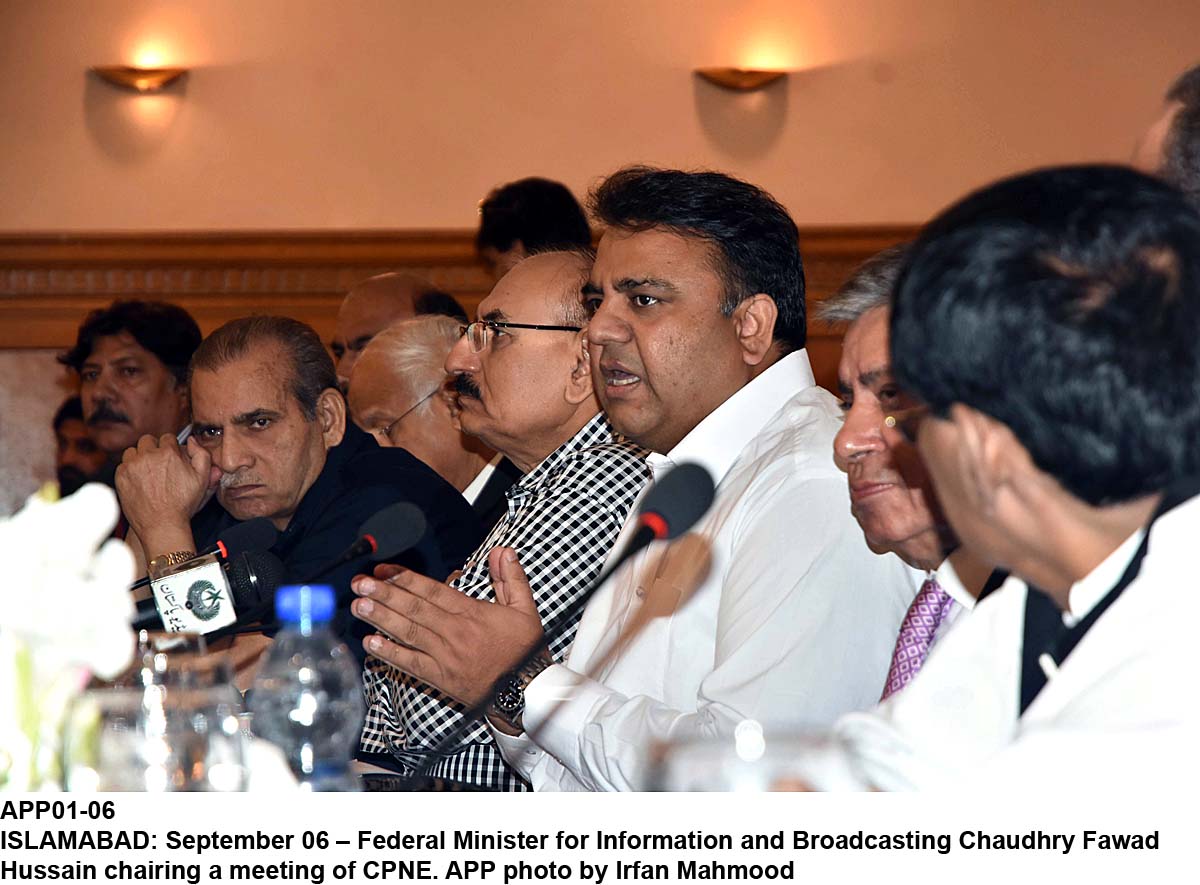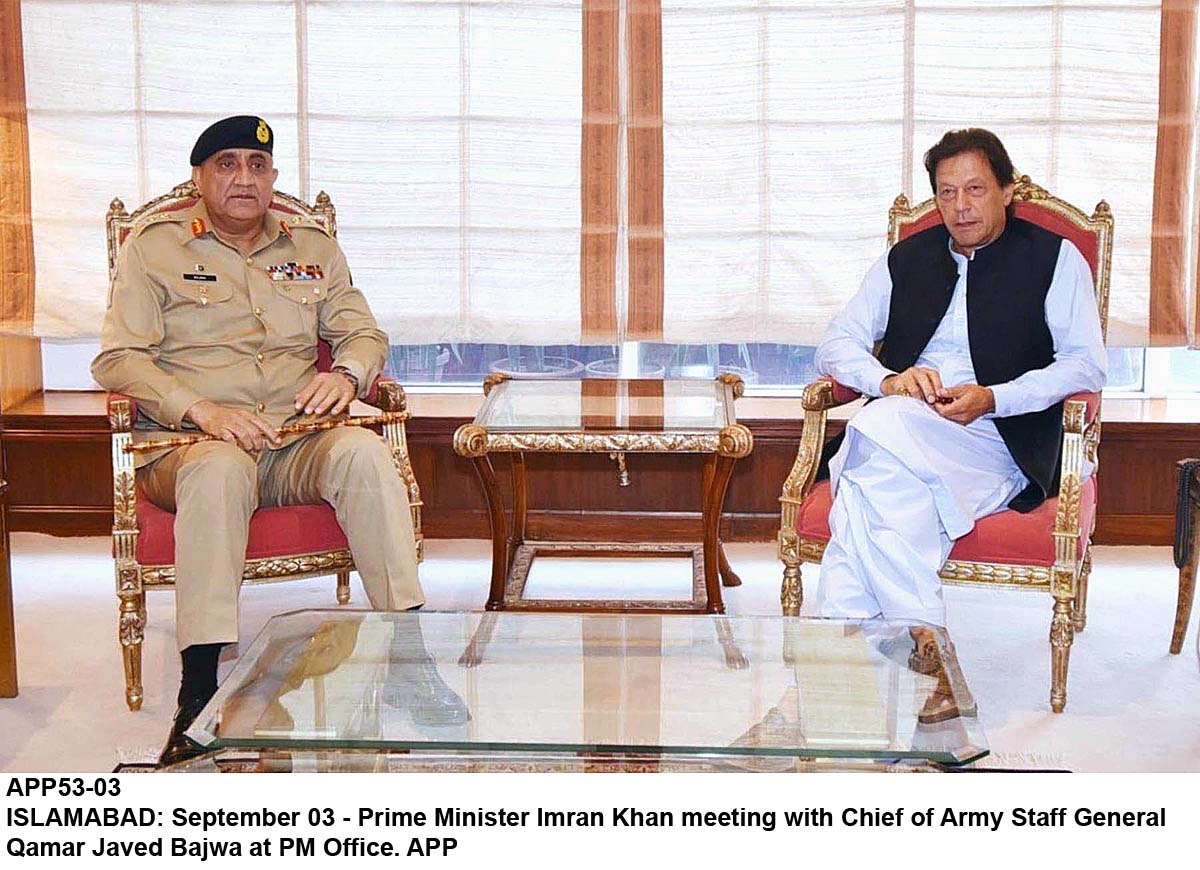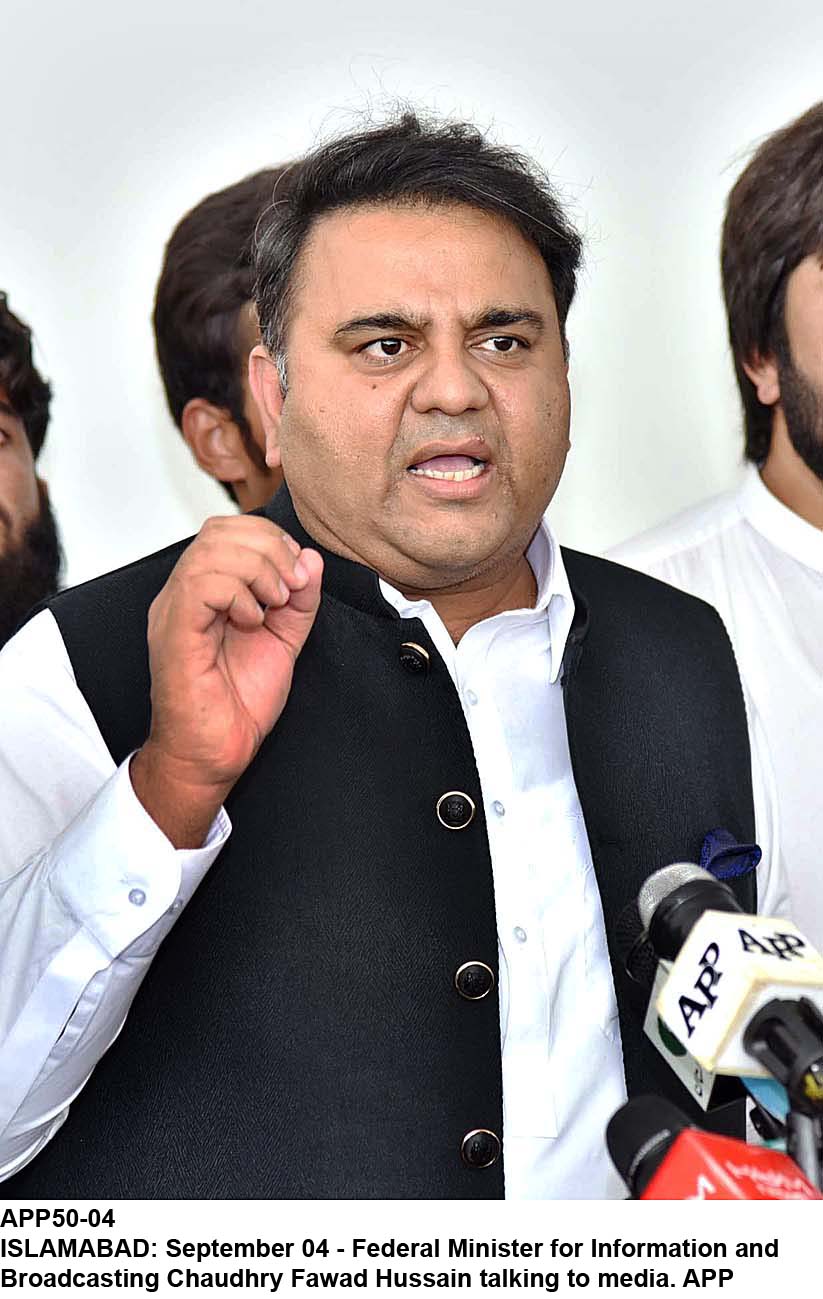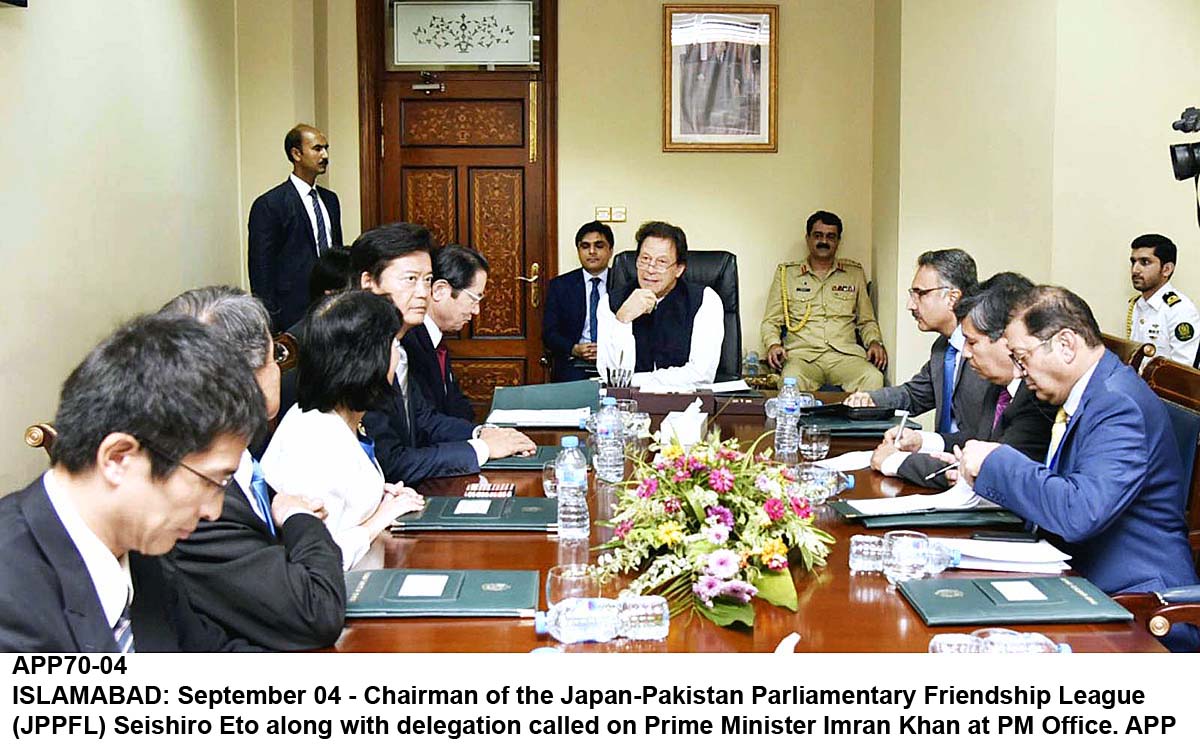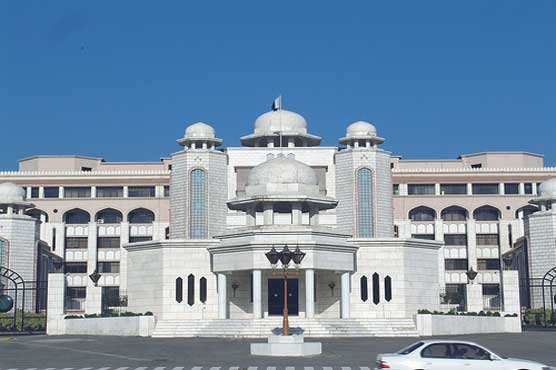
The chief ministers of the four provinces and representatives of Azad Jammu and Kashmir and Gilgit Baltistan attended the meeting. Prime Minister Imran Khan has summoned a meeting of the National Coordination Committee (NCC) on Thursday (today) to take a formal decision in this regard.
However, the NCOC rejected a proposal of Pakistan Railways to partially resume train services from May 10. Chief ministers of all four provinces rejected the recommendation of resuming the train operation.
The NCOC made multiple recommendations to ease lockdown restrictions in the country which were imposed to curb the spread of the coronavirus. The recommendations include the opening of phase-II of the construction sector, reopening of retail outlets and operationalization of selective outpatient departments in Islamabad.
Reports said the provinces rejected the proposal regarding resuming public transport and intercity bus service across the country. The participants also proposed that shops should remain open from 9 am to 5 pm, and then again from 8 pm to 10 pm. No changes were made in the SOPs for religious festivities in the second half of the holy month of Ramadan and the measures will remain the same as previously agreed between the government and ulema.
It was also decided that the domestic flights should resume operations in the coming days. The body recommended reopening shops in rural areas from May 10, but decided that shopping malls, wedding halls and restaurants will remain closed.
Apart from giving permission to Eid-related businesses to reopen, the body also recommended allowing pipe mills, electrical cables and steel and aluminium industries to resume their activities. The forum also proposed giving permission to sanitary, paint and hardware stores to reopen after May 9. Punjab, Sindh and Balochistan opposed the move to open educational institutions while Khyber-Pakhtunkhwa was in favour of opening schools from June 1.
The suggestions aimed at taking measures to strike a balance between efforts to curb coronavirus and revive economic activities. The new measures will remain in effect till May 31, if approved in today’s NCC meeting.
The NCOC’s endorsement has come despite the tally of coronavirus patients in the country surpassing 23,600 and the death toll reaching nearly 550. Around 1,400 cases – the highest number in the country in a single day – and 30 deaths because of the disease were reported in the last 24 hours.
On Tuesday, the federal cabinet had also agreed to further ease the lockdown after May 9 but left the final decision to the NCC. Speaking to reporters after the meeting, Information Minister Shibli Faraz had said Prime Minister Imran Khan had reiterated the need for taking care of the vulnerable segments of society and those deprived of their livelihood because of lockdown. The premier, he added, had backed the proposal of easing restrictions in the country keeping in view the hardships being faced by people. “The prime minister again emphasised on taking care of the vulnerable segments of society, and those who have been deprived of their livelihood in the wake of the lockdown. However, he warned of an abrupt spike in infections if the standard operating procedures (SOPs) were not implemented strictly after easing of the lockdown,” he had added.
On Sunday, Umar had warned that around 18 million people could lose their jobs in the country because of the lockdown. “According to the calculations of the Pakistan Institute of Development Economics, between 20 million and 70 million people in the country might fall below the poverty line,” he had added. The government has already loosened restrictions on a range of industries in a bid to battle the economic fallout of the lockdown. They include cement, fertiliser, chemical manufacturing, glass manufacturing, e-commerce, mines, paper and packaging.




